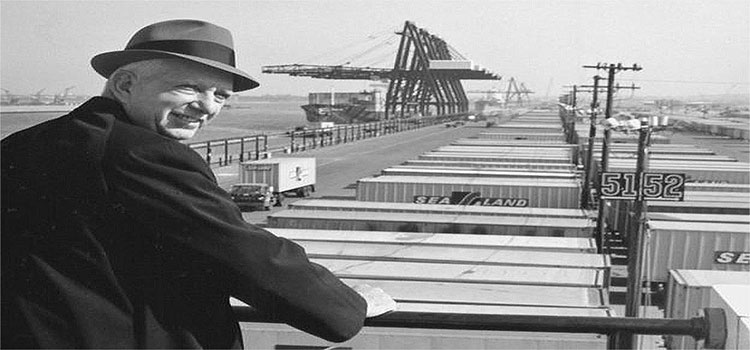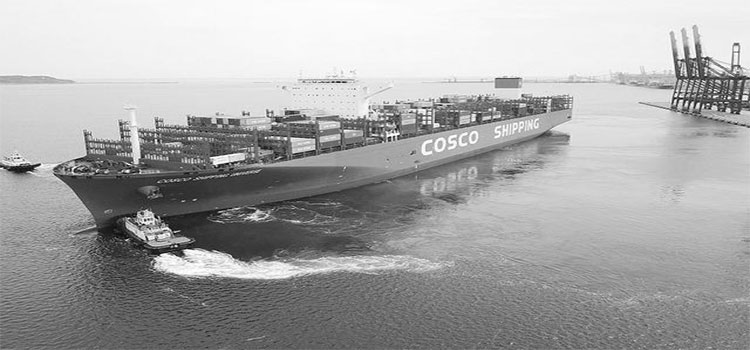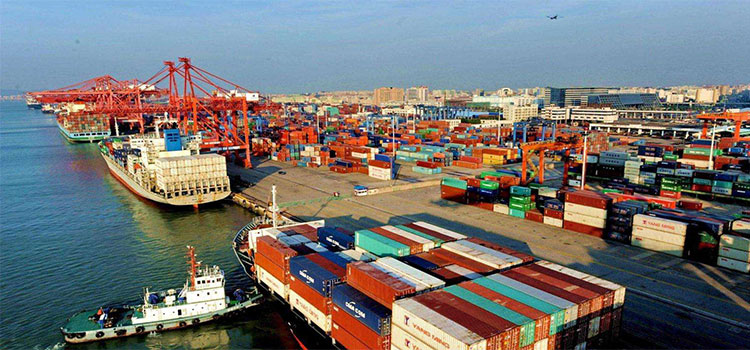Containerization refers to the transportation of goods in standard-sized containers that can be easily transferred between ships, trains, and trucks without the need for manual handling of the cargo. The history of containerization dates back to the 1950s, when Malcolm McLean, an American entrepreneur, realized that the traditional method of loading and unloading cargo, which involved breaking down shipments into individual pieces and reloading them onto various types of vehicles, was inefficient and time-consuming.

McLean developed a new method of transportation using standard-sized containers that could be loaded onto ships, trains, and trucks, and moved without the need for repacking. He successfully launched the world's first container ship, the Ideal-X, in 1956, and by the end of the decade, containerization had become a major force in global transportation.

The impact of containerization on global trade has been significant. It has dramatically reduced the time and cost of transporting goods, making it possible to move goods more quickly and efficiently than ever before. It has also made it easier for businesses to expand their operations globally, as it has standardized shipping practices and made it possible to transport goods to virtually any destination in the world.

Containerization has also helped to transform the global economy by facilitating the growth of international trade. It has created new opportunities for businesses to access global markets, and has helped to drive economic growth in many parts of the world.
Overall, containerization has had a profound impact on global trade, making it faster, more efficient, and more accessible than ever before. It has helped to create a truly global economy, and has played a critical role in shaping the modern world.
Contact: Mr.Jeff
Phone: +8618800259146
E-mail: sales@cmcontainer.com
Whatsapp:cmcontainer
Add: 12/F., San Toi Building, 137-139 Connaught Road Central, Hong Kong
We chat
